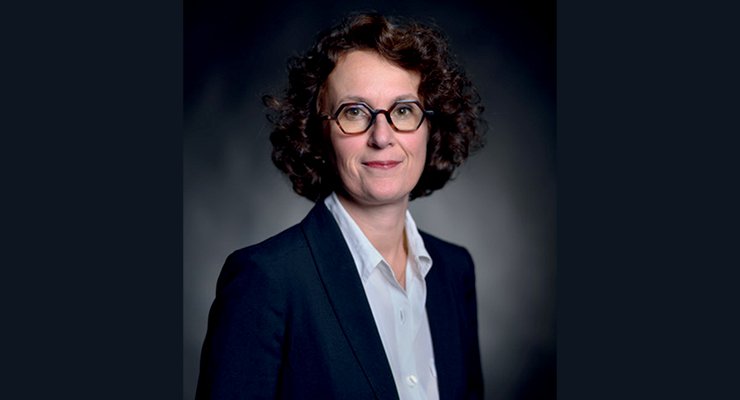The Apprenticeship Designer Course (CPT)
The new “design” course focuses on various activities upstream of the product life cycle. Via an apprenticeship scheme, we train engineers capable of coordinating design processes as needed for complex mechanical systems, for choice of appropriate materials for an industrial-scale product production line, for sizing and integration, of the various components to be assembled as well as assessing the system from a functional point of view.
Course contents
Following basic, primer training in mechanical engineering (designing mechanical systems, geometric modelling, mechanical properties and resistance of materials, quality assessment (QA), project management …) series of optional add-on courses are proposed which serve to accompany the practical training aspects in the framework of the overall training mission. They may also serve as in-depth and/or discovery courses (designing and creating in a collaborative, intercultural context, sensors and instrumentation …).
Other, specific courses are proposed to the apprentices with a more inductive pedagogical angle, focusing on real enterprise problems. The aim here is to develop skills that enable the apprentices:
- to model a complete, coherent (objective set) mechanical system in a design office context,
- to solve industrial problems using finite element calculation techniques,
- to fully understand the mechanical behaviour of metallic, polymers and composite materials
- to be able to correctly frame a problem in complex digital modelling from a structural dynamics approach,
- to able to overview and manage projects in English and in an intercultural context.
Teaching staff
This contents of the new CPT course are taught by a staff comprised of lecturer research scientists posted to the UTC laboratory– Roberval Computational Mechanics, Acoustics & Materials Science .
They are committed to numerous research projects, notably in partnerships with major industrial concerns with international span, which guarantees an excellent matching between the teaching contents and current and foreseeable technological challenges.
Equipment and facilities
The apprentices are trained in use of industrial software packages: Amésim, Ansys, Catia v5 and v6, Créo, Matlab, MSC, Adams, CES Selector, ABAQUS, Enoviav6, NC Simul, Pro Engineer, Pro Mechanica.
UTC provide the apprentices with a variety of manufacturing and parts inspection facilities, mechanical test rigs, prototyping benches, thermal treatment, … that ensure full, high-quality training achievements.
Missions and industrial relations
Engineering design is included in this apprenticeship course. Apprentices are paid a salary by partner companies. Over the 3 year period, the apprentices will alternate between training at UTC-Compiegne and carrying out missions on the enterprise premises. Thanks to the strong network relationships with the industrial environment, this course receives numerous, varied mission proposals (more than 3 for each matriculated apprentice) that cover numerous industrial sectors, job profiles and geographic locations.
Training abroad
In order to develop a capacity to work in an international context, design course apprentices must carry out a 12 week mission abroad. The stays outside France can take place in a professional context related to the employer partner or in another context, over one or several periods of time.
Professional opportunities
This 'design' (CPT) course (in mechanical engineering), in the main, trains future design and development engineers, project managers, engineers for research and production engineers.
These UTC trained design engineers will be able to accept management level appointments in aeronautics, space and defence sectors (Airbus, Safran Aircraft Engines, Eurocopter, Thales, CNES…), in automobile manufacturing and ancillary equipment providers (Renault, Faurecia, Michelin…), in energy and environment sectors (Areva, Alstom, EDF…).
- Average time to securing a first job: 1 month
- 61% of these UTC apprentices were assured of a job before the end of their apprenticeship contract time.
Contact and documentation
Guide de l'étudiant
Other UTC-IM specialties
- Specialty – Sound and Vibration Engineering (AVI)
- Specialty – Integrated Design in Mechanical Engineering (CMI)
- Specialty – Data Handling and Reliability for Industry (DFI)
- Specialty – Industrial Design Engineering (IDI)
- Specialty – Mechatronics, Actuators, Robotisation and Systems (MARS)
- Specialty – Materials and Technological Innovation (MIT)
- Specialty – Integrated Production and Logistics (PIL)
- Specialty – Simulation in Mechanical Engineering (SIM)



